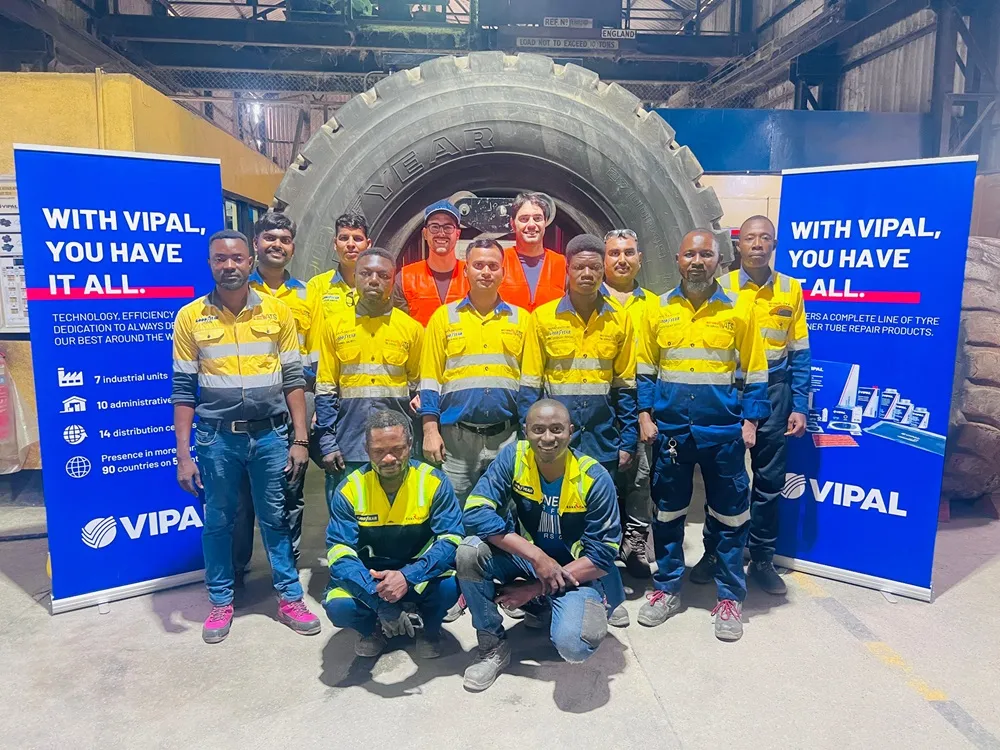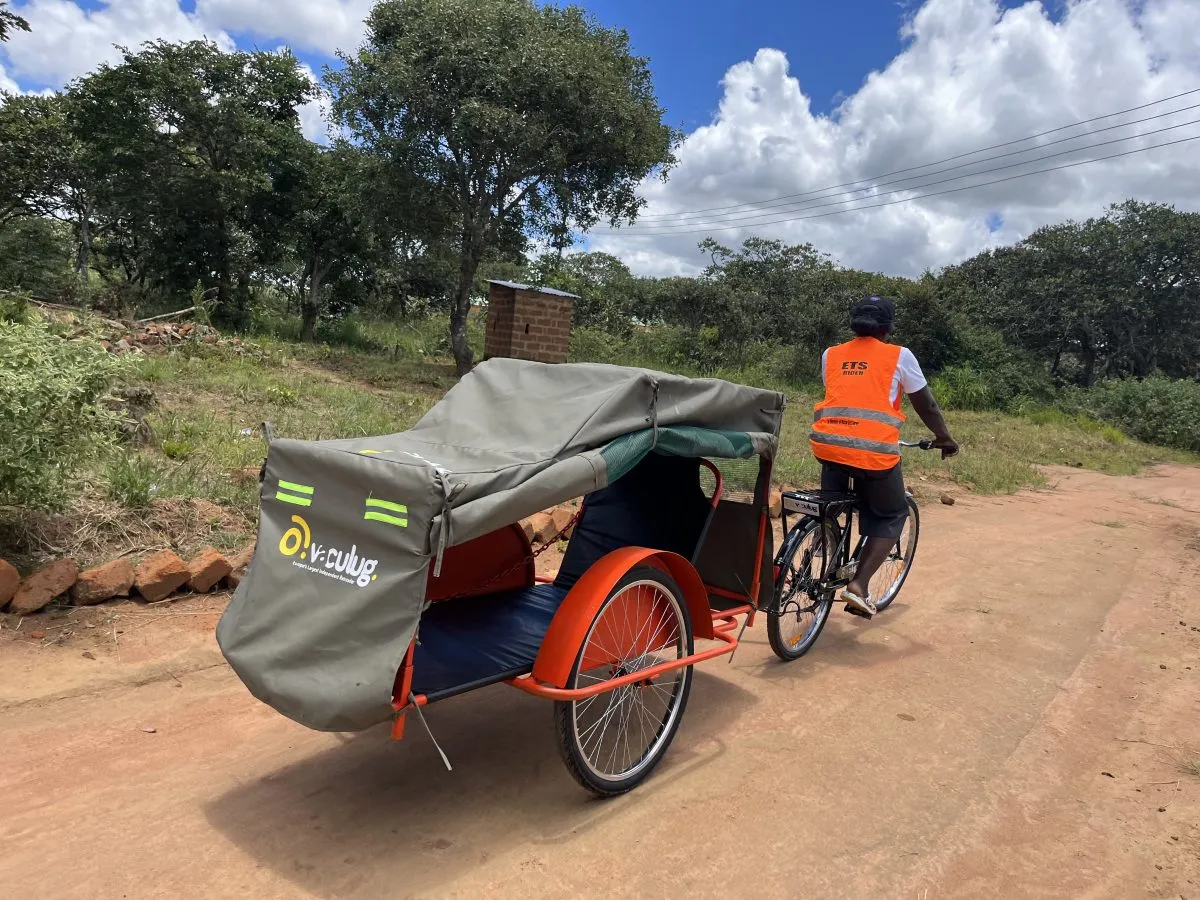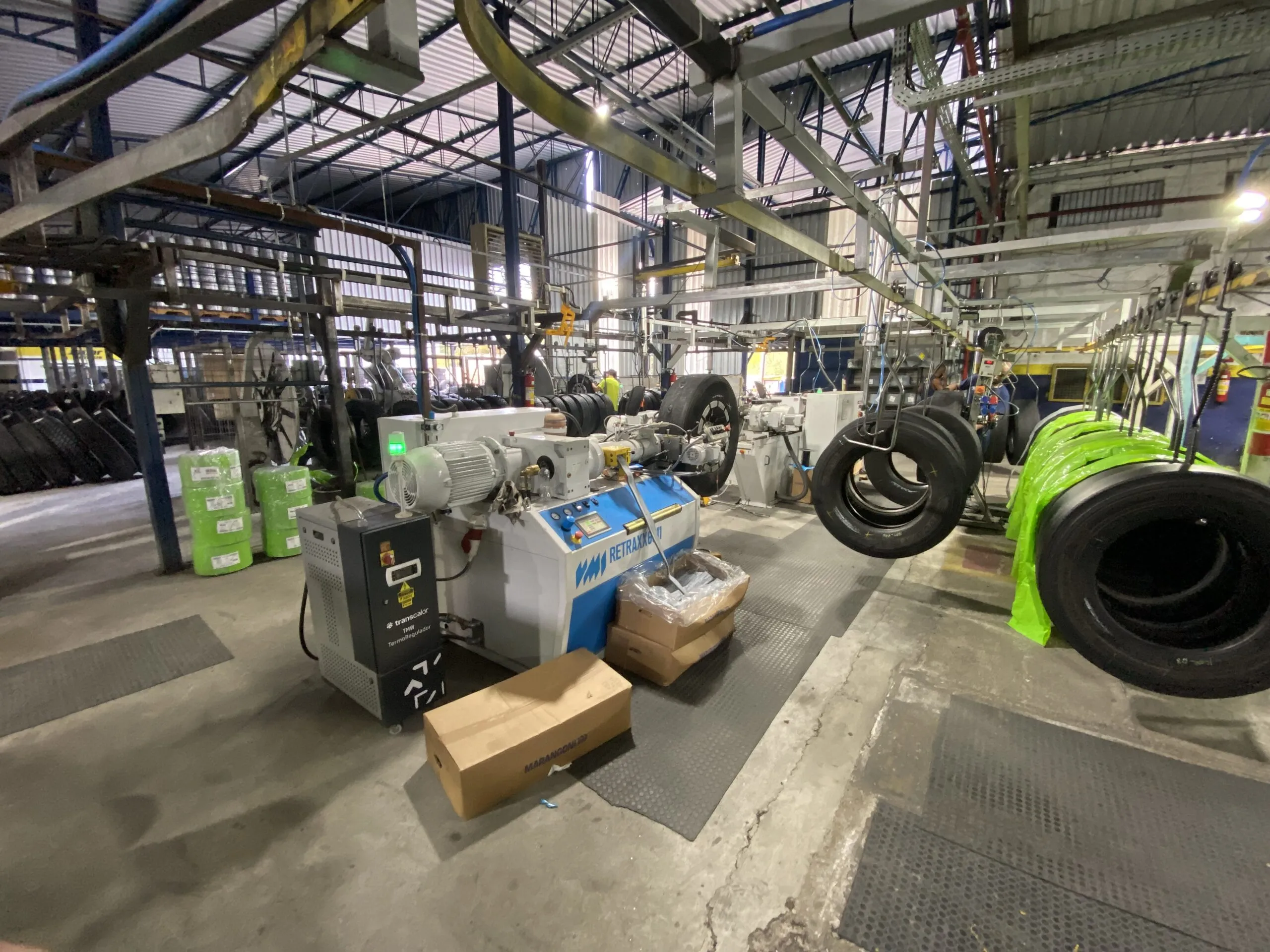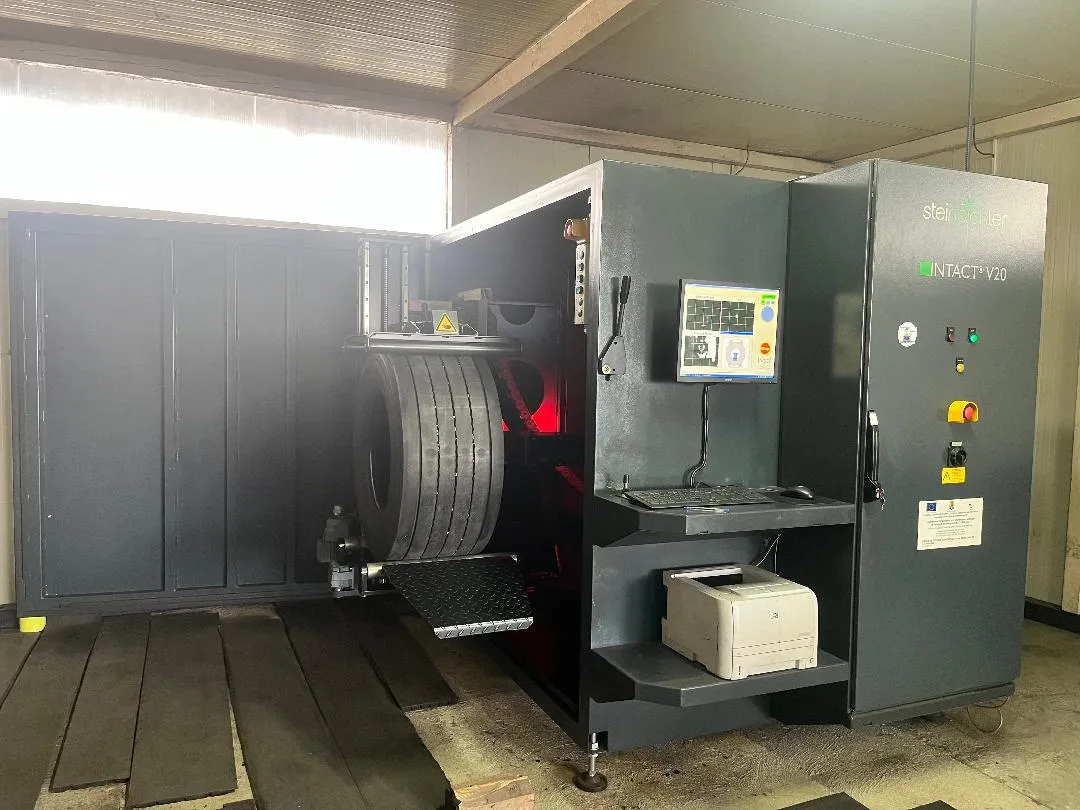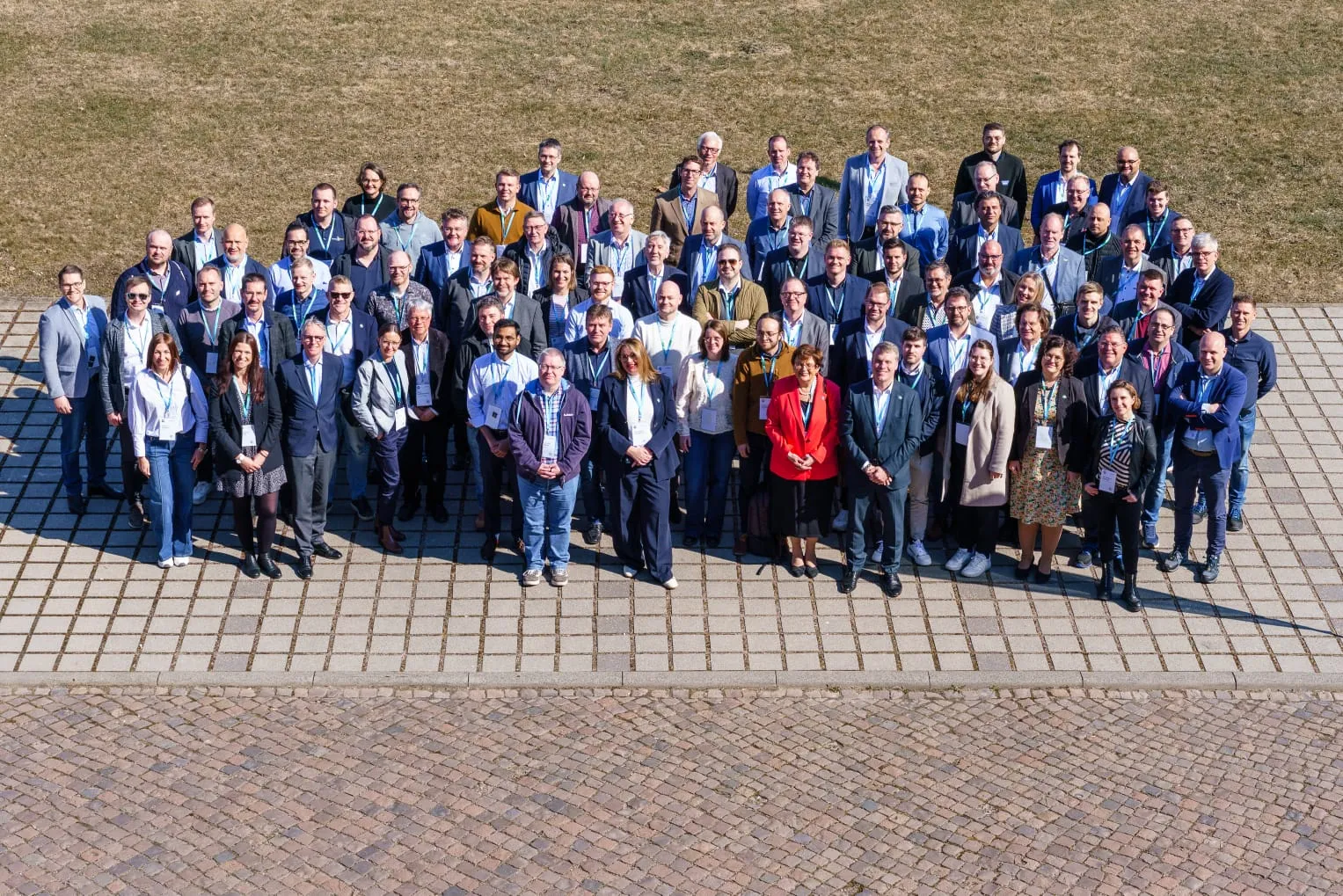KRAIBURG Austria is reporting satisfactory results for 2020, with sales and turnover on a level with the previous year. In view of the exceptional global situation caused by the Coronavirus pandemic, the company sees this result as a considerable success.
KRAIBURG Reports on 2020 Results
Many factors are claimed to have contributed to the positive result, including a widespread roll-on campaign, which dispersed initial uncertainties regarding potential delivery chain bottlenecks, as well as the timely introduction of integrated hygiene measures at the Geretsberg site in March, thereby allowing production to be maintained continuously whilst also guaranteeing the highest safety standards for all employees. Parallel to this, the company created home office and smart working capacities and asserted itself constantly as a reliable partner for customers with adequate services. The team responded quickly and individually to different needs and requirements as well as in close cooperation with the retreaders. The extremely strong summer months and the continuing good autumn business ultimately contributed to the positive total result.
Despite the continuing pandemic, KRAIBURG Austria looks confidently at the current business year. “Demand in the first quarter is on the expected level so far,” explained Sales Manager Holger Düx. “However, in view of the extremely dynamic development of the pandemic at the moment, it is almost impossible to make reliable forecasts for the market progression in 2021. We can only observe tendencies.”
Despite the positive outlook, KRAIBURG points out that the current cost development represents a great challenge, on the one hand because transport costs have increased approximately sixfold in the last five months due to artificial scarcity of volume and lack of container returns from Europe, but also because the raw material prices for natural and synthetic rubber as well as for carbon black have been rising continuously for months.
“Since no changes are in sight in the short term, we have no choice but to increase our prices as of the 1st of April,” Düx clarified. “This will be between 15 and 20 cents per kilogram depending on the product group.” Most premium new tyre manufacturers already adapted their prices throughout Europe by two to three per cent at the beginning of March.
“The increases at the Asian manufacturers will probably be even more drastic to partly compensate for the increased transport costs,” added Managing Director Stefan Mayrhofer. “Consequently, competitive products from the Far East which sell, above all, by price, could lose a lot in attraction. In addition, the Asian manufacturers, just like the established European manufacturers, are still battling with structural delivery bottlenecks.”



